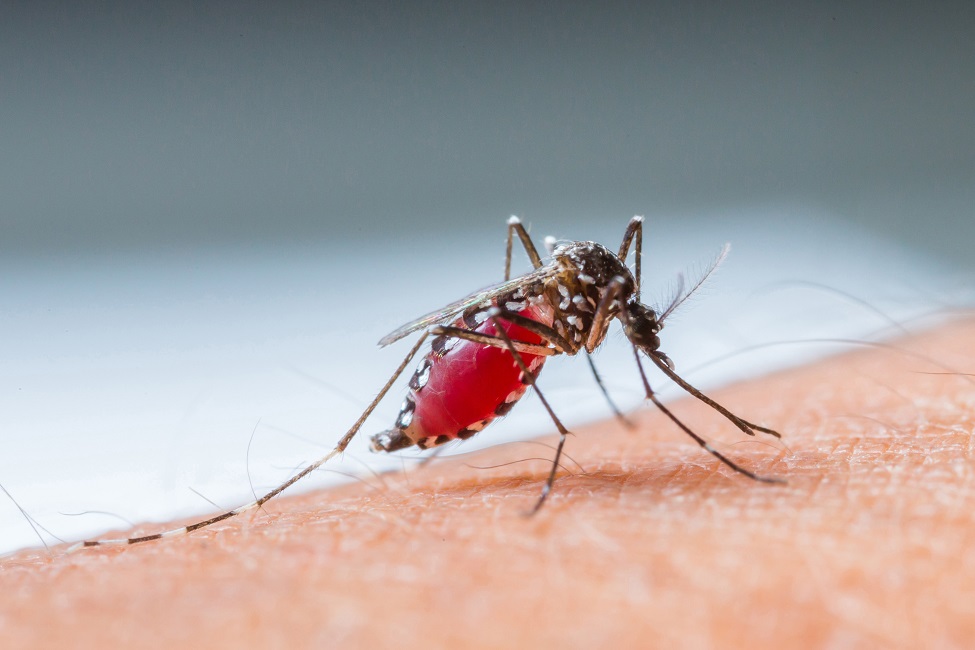
Malaria-related deaths have drastically reduced from 2,799 in 2012 to 146 last year. However, the Ghana Health Service (GHS) asserts that malaria remains a public health threat in the country, and it is committed to achieving a zero mortality rate by 2028.
During the opening of a two-day malaria training program for journalists in Accra last Tuesday, Dr. Franklin Asiedu-Bekoe, Director of Public Health at GHS, emphasized that despite the progress made, the national malaria burden must continue to be addressed to save lives.
The training, organized by the National Malaria Elimination Programme of GHS, brought together 58 journalists from eight regions within the southern zone. The aim was to update them on the progress of the national malaria elimination agenda and to guide them in identifying their roles in supporting this mission.
The event also aimed to revitalize the National Malaria Media Coalition to enhance effective malaria advocacy. Dr. Asiedu-Bekoe urged the public, a key stakeholder, to adhere to proven interventions, and called on the private sector to help bridge funding gaps.
GHS also encourages other stakeholders to adopt and invest in interventions within their areas. The Public Health Director stressed the importance of consistently using treated insecticide mosquito nets, seeking early diagnosis, and adhering to treatment plans.